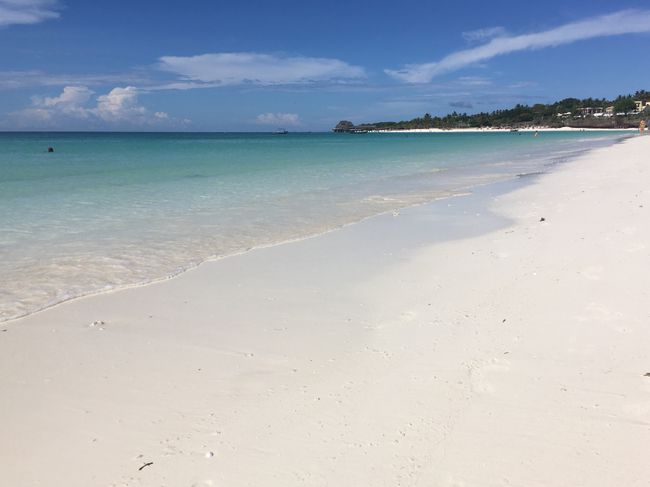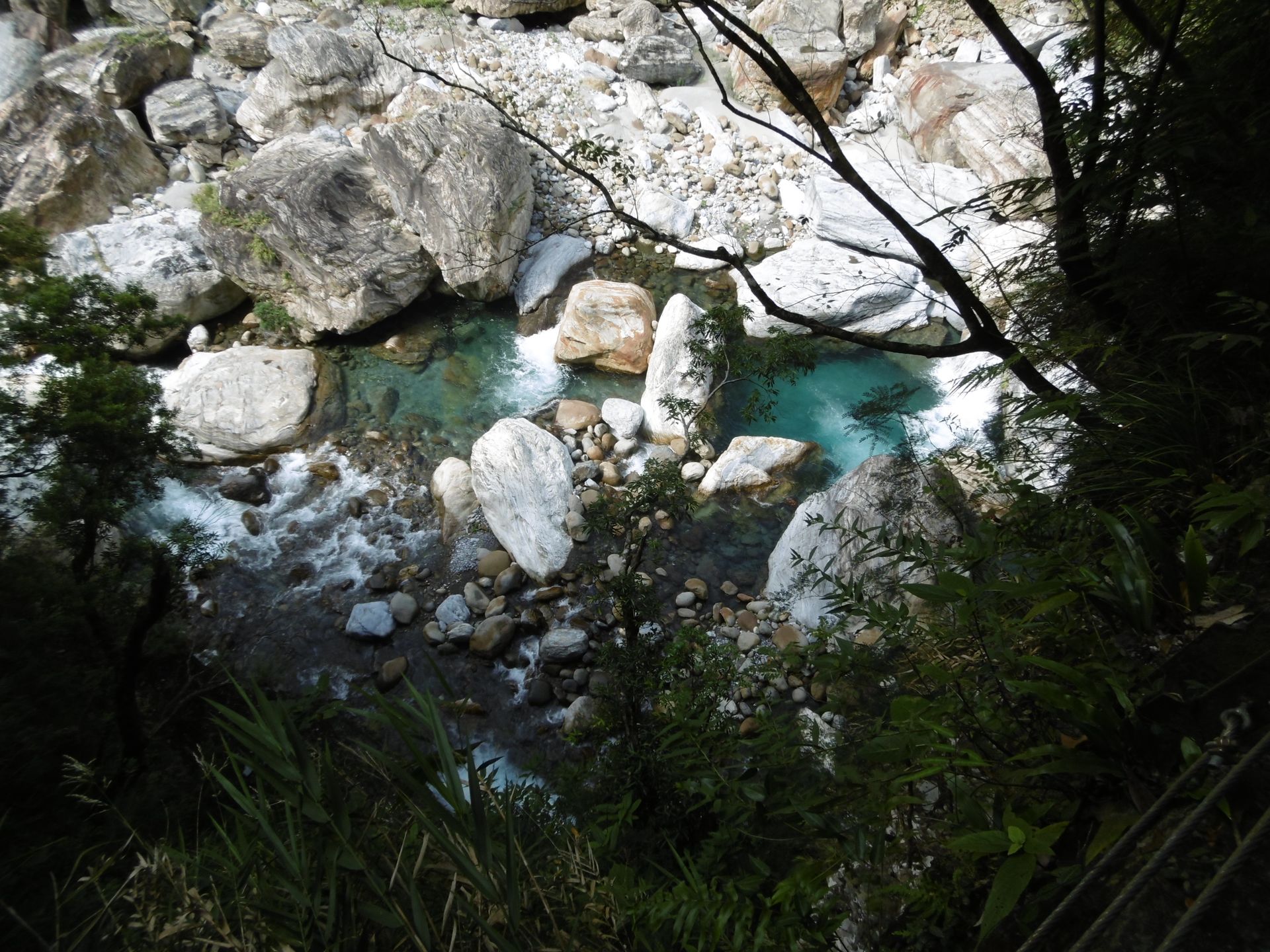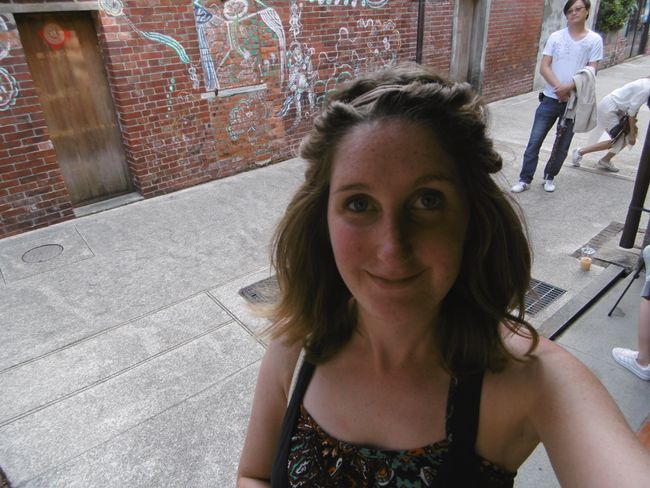Gaumenfreuden und Entspannung in Matemwe
Veröffentlicht: 25.01.2019
Newsletter abonnieren
In Matemwe, unserer zweiten Station an der Ostküste Zanzibars, hatte Maria nicht nur eine ganz besondere Unterkunft sondern auch noch einen einzigartigen Kochkurs für uns organisiert.
Wir waren in Matemwe in den Tamani Villas untergebracht, einem schönen Hotel direkt am Strand. Es besteht aus drei Häusern, von denen zwei gesamthaft als Ferienvillen vermietet werden, während man in dem dritten einzelne Privatzimmer belegen kann. Alle drei Häuser verfügen über einen eigenen Pool und die gesamte Anlage ist mit vielen blühenden Bäumen und anderen Pflanzen schön angelegt.
Das eigentlich besondere ist jedoch das Unternehmen, das hinter dem Hotel steckt. Es gehört einer Stiftung und die gesamten Gewinne aus dem Hoteletrieb fließen an sie zurück. Darüber wird unter anderem eine der Stiftung eigene Schule unweit des Hotels betrieben. Hier werden sowohl Kinder aus Matemwe unterrichtet als auch Weiterbildungen für Erwachsene angeboten, um sie unter anderem zum Aufbau eines eigenen Unternehmens zu befähigen. Die Dienstleistungen der lokalen Unternehmer werden dann auch teilweise vom Hotel in Anspruch genommen. So hat das Hotel keine eigene Wäscherei und der Wäscheservice läuft direkt über die Frauen, die ihn anbieten. Allerdings wird das Hotel ansich noch von Expats geleitet.
Ein weiteres Projekt, das sich vor allem weibliche Kleinunternehmerinnen richtet, ist DADA Zanzibar. Es handelt sich dabei um einen Workshop in dem lokale Frauen Saucen, Chutneys und Seifen für den Verkauf, unter anderem in einem Laden in Stone Town produzieren. Aber man kann auch einen Kochkurs oder Seifen-Workshop von und mit den Damen buchen. Wir nahmen an einem Kochkurs teil.
Die Produktionsstätte, in der auch die Kochkurse stattfinden, lag etwas versteckt außerhalb des Ortskerns von Matemwe. Aber dank der guten Beschreibung der Organisatorin der Kochkurse (und da Maria schon im Vorjahr dort gewesen war) fanden wir den Ort auf Anhieb nach etwa zwanzig Minuten Fußmarsch von unserem Hotel aus.
Vor Ort wurden wir schon von einigen Frauen begrüßt, die gleich eine Strohmatte für uns ausrollten, auf der wir Platz nehmen durften. Wir waren etwas früh dran und dachten, wir würden noch auf weitere Teilnehmer warten. Doch es dauerte nur einige Minuten und da hatte ich auch schon einen riesigen Mörser in der Hand und durften Blätter für das Curry zerstampfen. Kurze Zeit später traf eine Frau ein, die weitere Zutaten brachte, die wir im nächsten Moment für ihre Weiterverarbeitung vorbereiteten. Und so mir nichts dir nichts waren wir auch schon mitten drin im Kochkurs.
Es war allerdings kein Kurs, wie ich ihn mir vorgestellt hatte. Niemand erklärte bestimmte Kochtechniken oder wie ein bestimmtes Gewürz wirkt oder besonders eingesetzt werden kann - erklären wäre im Übrigen auch schwer gewesen, da wir uns nur begrenzt und nur mit einigen wenigen Frauen auf Englisch verständigen konnten. Es war vielmehr ein gemeinsames Zubereiten von Speisen. Doch genau das machte den Charme dieses "Kochkurses" aus.
Wir waren mitten drin im Produktionsprozess, in dem jede Frau ihre Aufgae zu haben schien. Einige schienen nur einen oder zwei Arbeitsschritte zu betreuen und wenn diese erledigt waren, konnten sie sich auch wieder im Schatten ausruhen. Andere überwachten den gesamten Produktionsprozess und sahen auch zu das wir ja alles richtig machten.
Dass es nicht ein Kurs im von mir antizipierten Sinne war, hieß auch nicht, dass ich nichts lernte. Ich weiß jetzt z.B. wie Kokosmilch gewonnen wird: Zunächst wird das Mark der Kokosnuss aus der Schale herausgekratzt. Dafür hatten die Frauen eine Art Hocker, an dem vorne ein "Auskratzer" angeracht war. Dann werden die Raspels in Wasser eingeweicht, ausgewrungen und die Flüssigkeit ist dann die Kokosmilch.
Wir bereiteten übrigens ein vegetarisches Kokoscurry und eine Baobab Marmelade mit Karotten zu (die zu einem nicht unwesentlichen Teil auch aus Datteln besteht). In beide Gerichte kamen natürlich auch jede Mende zanzi arischer Gewürze. Während das Curry und die Marmelade auf dem Holzofen köchelte, hatten wir Gelegenheit auch die Seifenmanufktur zu besuchen.
Am Ende gingen wir nicht nur mit je einem Glas Curry und Marmelade sondern auch noch einem Stück Seife bzw. Shampoo nach hause. Alles in allem war dieser Kochkurs eine ganz wundervolle Erfahrung für mich, weil wir nicht nur als Beoachter da waren sondern zusammen mit den Frauen richtig anpacken durften.
Die verbleiende Zeit in Matemwe verbrachten wir am Pool und am Strand und genossen die wunderschöne Aussicht auf das türkisblaue Wasser. Aber auch kulinarisch ließen wir es uns gut gehen und probierten ein paar Restaurants am Strand aus - von Tortellini in Limoncello Sauce, über Fischcurry bis hin zur Pizza war alles dabei.
In Matemwe, our second stop on Sansibar's East coast, Maria had not only booked a very special hotel for us but also a unique cooking class. We stayed at Tamani Villas. A hotel on the beach with three houses, two of which are rented out as a whole as beach villas, and one with private rooms for rent individually. Each of the houses has its own private swimming pool and the whole property was very well taken care of with lots of trees and flowers.
The special thing about this hotel, however, was the enterprise behind it. The hotel belongs to a foundation, and all the profits flow back to the foundation. From the earned money the foundation runs a nearby school, which provides education not only for local children from the village but also for adults to enable them to become entrepreneurs. Some of the services of these local entrepreneurs are then again used for the hotel. For example the laundry serrvice is provided by some local women and the payment goes directly to them. The hotel is, however, still managed by expats.
Another organization that promotes local entrepreneurship is "DADA Zanzibar". It is a workshop where local women produce sauces, chutneys, and soaps which are sold at a shop in Sansibar City. The goal is - among others - to provide the women working there with tools to start their own business. At the production site, the women also offer cooking classes and soap manufacturing workshops. We had signed up for one of their cooking classes.
Even though the place for the workshop is very remote and a little outside of the village, we found it without problems (not least because Maria had been there the year before). Although it took a twenty minute walk to get there from our hotel. We were still early and immediately welcomed by some of the women, who rolled out a mat for us to sit on.
We assumed, we would wait for the other participants to arrive, but it took only a few moments before I was preparing leaves for the curry in a huge mortar (- it turned out later that we were the only participants by the way). Then another woman arrived with the remaining ingredients and before we knew it, we were in the middle of the preparations.
It was not a cooking class as I expected it, where a cook explains different cooking techniques and the purpose of different spices. We were rather preparing food together with these women. This did not mean, that we were not closely supervised and instructed. Even though, the instruction were more demonstrations of how it was done right, since talking was difficult - only few women spoke a little english and we spoke hardly any Swahili.
Every woman seemed to have one particular part in the production process. Some were responsible for the preparation of one ingredient and as soon that was done, they would find a cool place in the shadow to rest, while others supervised the whole process.
I also learnt a lot, like how to make coconut milk. First you scratch out the of the flesh of the coconut. The women there had a special construction for that, which is a small chair with a scratching device attached in the front, so the "scratcher" would stay in place, while they worked on the coconut (of course we tried it out, too). In the next step water is added to the coconut flesh and both combined sits for a while before the water is squeezed out again and the resulting liquid is coconut milk.
In the end we had made a huge pot of vegetarian coconut curry and baobab carrot date jam. Both of which are of course made with a lot of sansibarian spices. While both was boiling on the stove, we had time to visit the soap workshop and saw how soap was made. In the end we did not only go home with a jar of curry and jam each, but also one piece of soap. On the whole the cooking class was a special experience for me, since we were not just observing but participating and working together with these women.
The remaining time in Matemwe we spent relaxing by the pool and on the beach, enjoying the view of the iceblue water. We also had some delicious food, trying out different restaurants on the beach. We had everything from Pasta with Limoncello sauce, fish curry, and pizza.
Newsletter abonnieren
Antworten

Reiseberichte Tansania
















